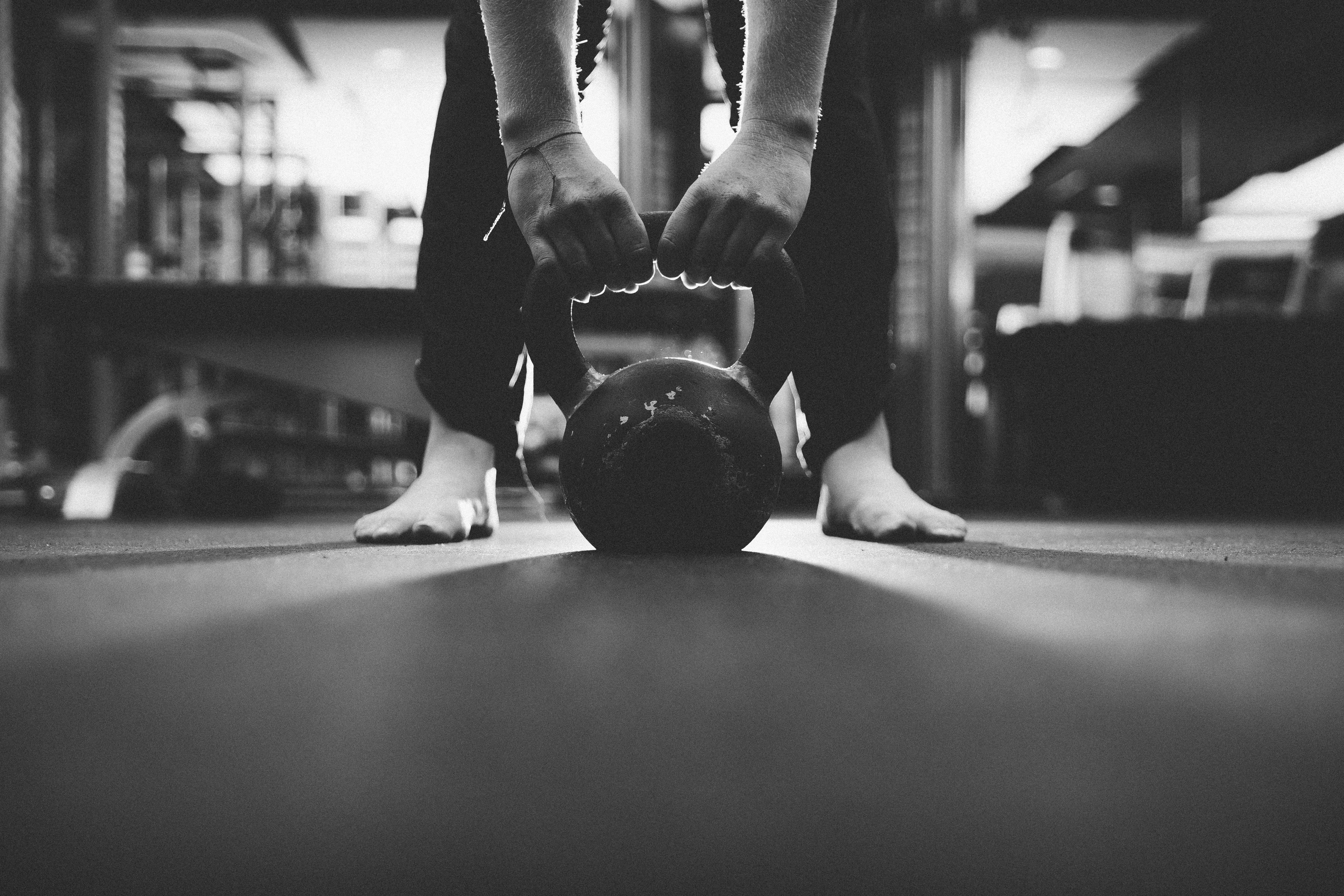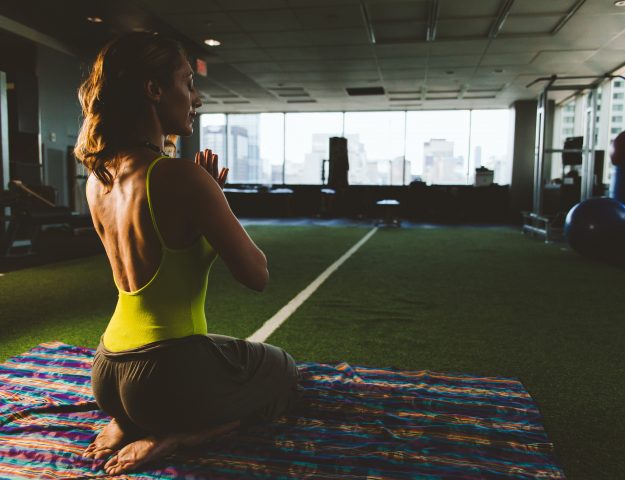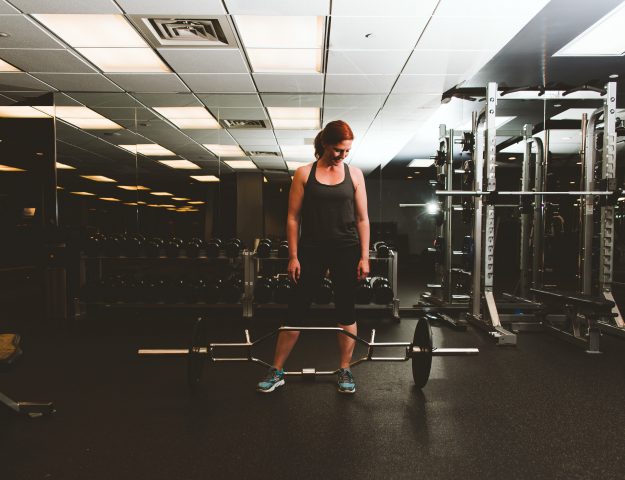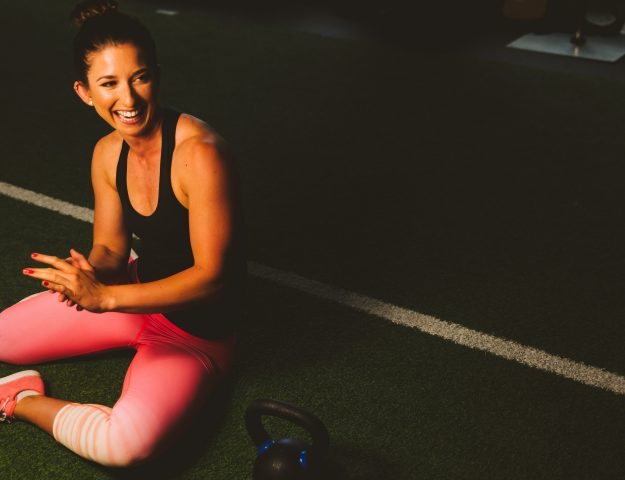SHOULDs: Why We Shouldn’t Use Them
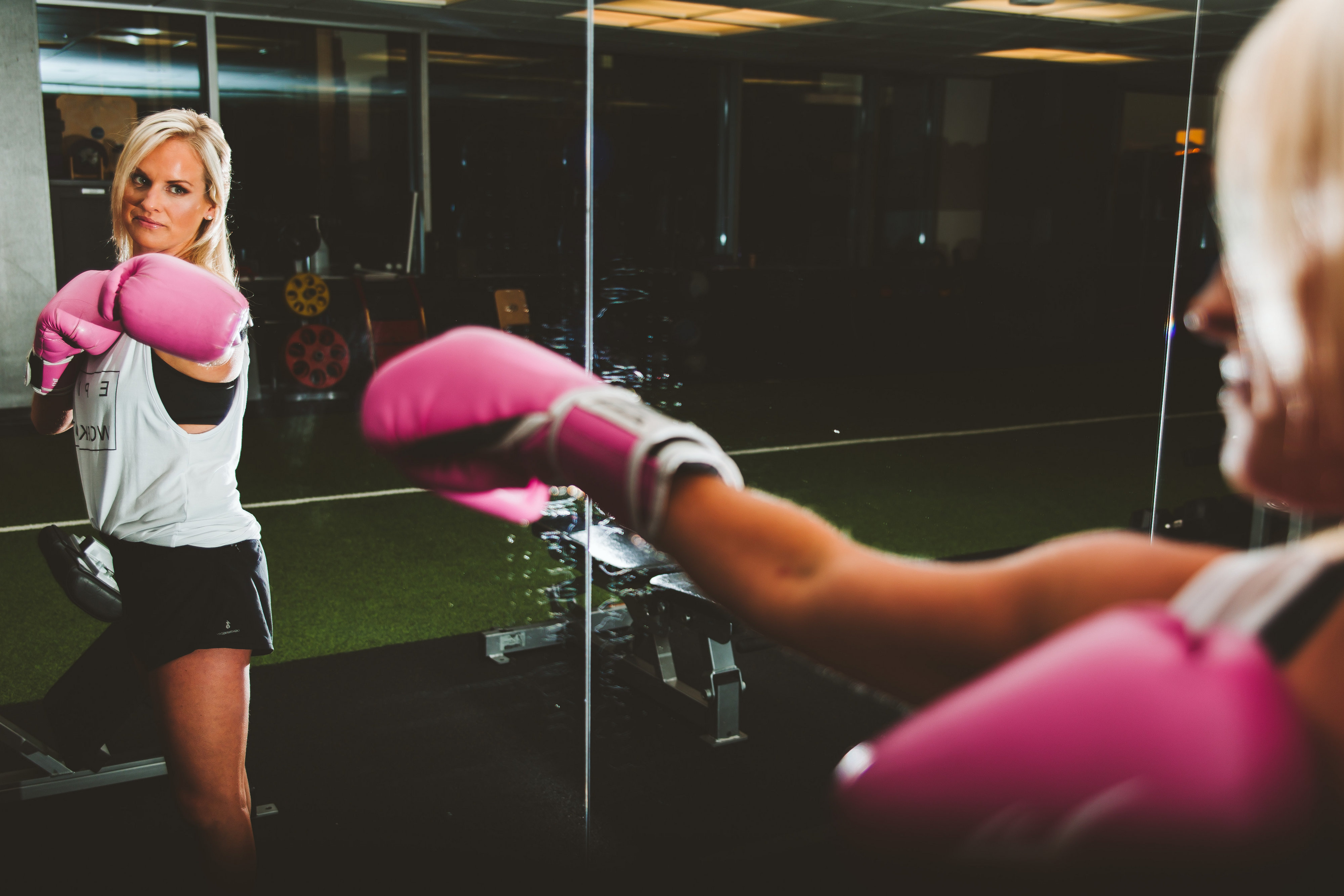
I should work out.
I should eat more veggies.
I should call my Grandma more often.
I should watch less TV.
And on and on and on!
What usually follows these “I should” moments?
For me, it’s a big BUT and then a whole lot of nothing.
I should work out, BUT I’m too tired.
I should eat more veggies, BUT I don’t want to do the work to prepare them.
I should call my Grandma, BUT I’m just so busy.
I should watch less TV, BUT right now I’m enjoying it so maybe after this next episode.
So many BUTs!
As you’ve likely figured out, when there’s a BUT after a should there’s no change to the end result.
Should-ing on yourself doesn’t lead to change. It mostly leads to feeling bad about something you think you should be doing, but aren’t.
And then what?
Nothing happens because of the BUT. That BUT is there to justify the actions we’re taking in the first place, like avoiding the gym, our Grandmother, and continuously binge watching Netflix.
“How do I stop the BUTs and SHOULDs!?” You say?
Well, for me it’s been becoming more aware of the language I use day to day. Simply catching myself when I’m thinking “I should do…” or saying “Oh shoot I should have…”.
When I catch these thoughts and recognize the familiar twinge of guilt associated with not doing something I should have done, I work very hard not to make myself wrong for it.
Feeling guilty over a should that didn’t happen doesn’t change the outcome, it simply makes us feel bad.
When we can put aside the guilt after recognizing when we’re should-ing we can get over our buts and start to get things done!
“I should work out” then turns into “I will work out”.
Another trick to turning I should into I will is to focus on the WHY, not the HOW.
This leads me to some of the best advice I was ever given. It was something said by a fellow coach in a leadership course I participated in recently.
He said
“Focus on the why, not the how, and see what happens”.
Boosh! Mind. Blown.
I realized then that I was all about the how.
How am I going to find the time to work out?
How am I going to prepare my meals for the week?
How am I going to grow my business?
When all of my hows turn into whys all of a sudden the picture changes.
Why am I working out?
To keep my bones and muscles strong, keep my joints moving well, release endorphins (it does feel good after the actual workout part is over), maintain cardiovascular strength, to be able do things in my every-day life with minimal effort or pain, and above all, be able to live a long, full life.
Ooohhhh.
Well, when you put it THAT way… getting a workout in all of a sudden seems a little more important. Maybe even something I want to do. Holy crap now I can’t wait to work out!
Ok yes the “can’t wait to workout” might be a bit of a stretch but I think you get the point.
The “I should work out” statement was limited by BUTs and HOWs.
When “I will work out” is driven by the why, we will find a way, despite the challenges and obstacles that BUTs and hows might put in our way.
We prioritize things in our life based on importance. If we don’t see something as important it will not make the cut. If we should be doing something but aren’t already taking the steps to do it, it’s not that important to us at that time.
The point here isn’t to make people wrong for should-ing. It’s simply to get people thinking about how the language we use every day can affect our actions.
So take a peek into your own internal, and external, dialogue. See where you’re should-ing and find all your BUTs. You might find they’ve been holding you back from taking action steps in the directions of what you want most.
